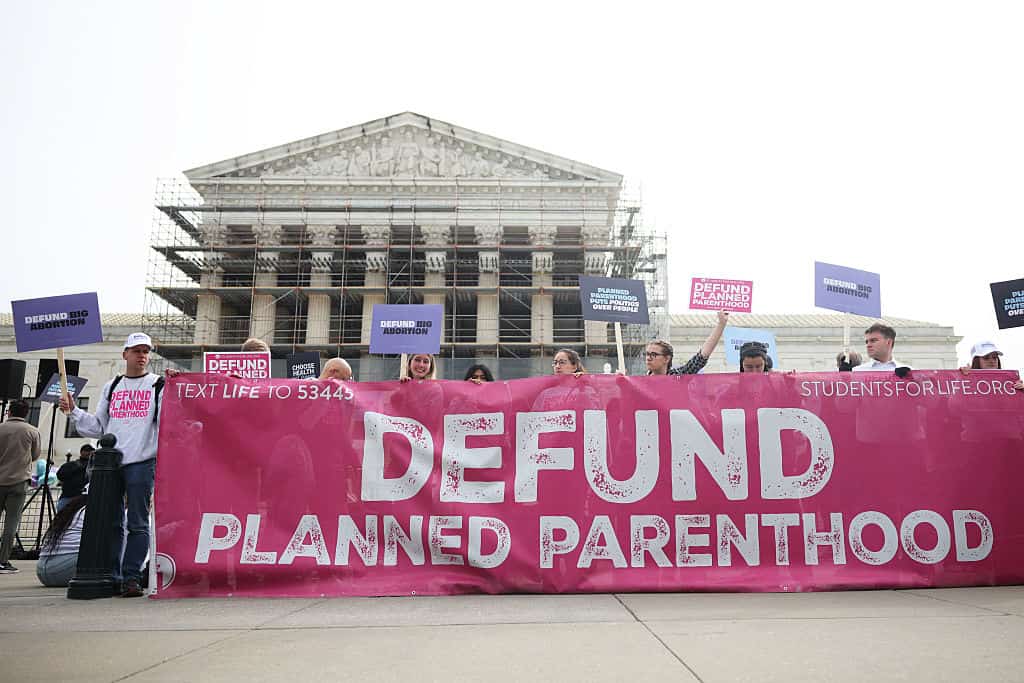California’s Demand for Donor Lists Heads to Supreme Court
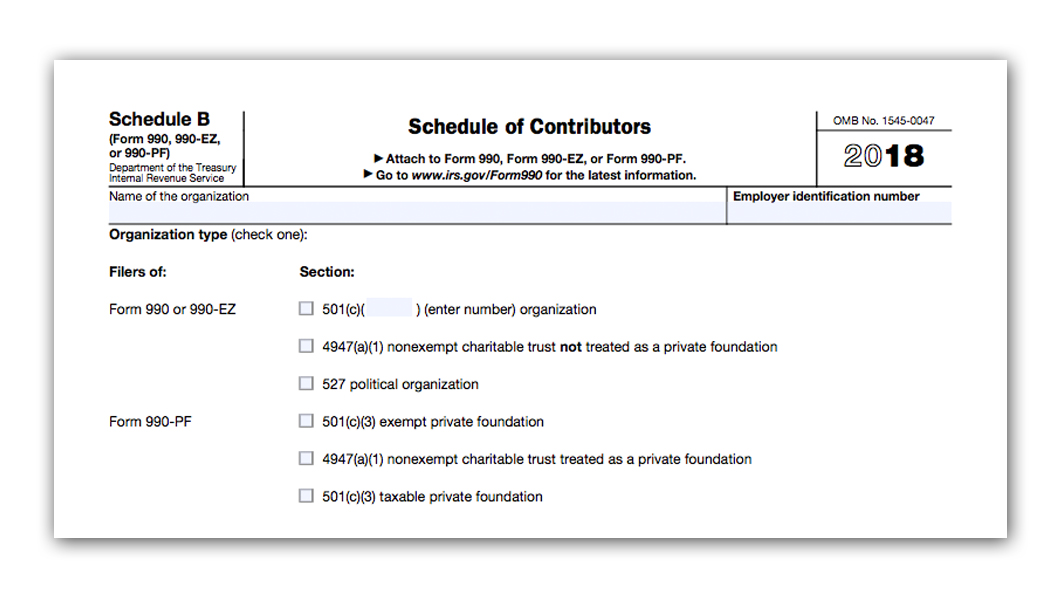
California says it wants to avoid charitable fraud. It wants to know who the largest donors to nonprofit organizations in California are. Conservative nonprofit organizations operating there are fearful that the names and addresses of their largest donors will end up in the hands of activists groups on the Left, who will harass those donors and chill future donations.
Two such conservative organizations, Americans for Prosperity Foundation (APF) and Thomas More Law Center (TMLC), sued California in federal court. They won on their claim that the California requirement violated the First Amendment’s implied right of freedom of association.
But the 9th U.S. Circuit Court of Appeals reversed the lower court in 2018, and the two nonprofits are preparing an appeal to the U.S. Supreme Court. If the high court accepts the case, we could get a ruling by June 2020.
At issue in the case is what the Internal Revenue Service calls a Form 990. It’s called an “informational return” because nonprofit organizations do not pay income tax. They do, however, need to continually confirm that they deserve their 501(c)(3) or (c)(4) charitable exemption from the U.S. Department of the Treasury, which requires them to fill out the Form 990. Part of that informational return, known as “Schedule B,” identifies the largest donors of each nonprofit.
Nonprofits are also required to file their Form 990s with the states they are registered in. But they typically aren’t required to also furnish their Schedule B forms. California decided they wanted the Schedule B for their own regulatory purposes of preventing charitable fraud within the state.
That requirement set off alarm bells throughout the conservative nonprofit world. Why? Because of Proposition 8. Remember Prop 8? In 2008, California voters passed a voter initiative adding a constitutional amendment to the state constitution that defined marriage as between one man and one woman. It was ultimately struck down in 2010 by a California federal court, and in 2015, the U.S. Supreme Court declared same-sex marriage to be a constitutional “right.”
But the lessons learned from the Prop 8 effort included a new and ominous strategy from the Left targeted at supporters and donors to conservative causes. The results have been well documented. Donors to the effort to pass Prop 8 had their names, occupations and employers published on searchable websites. The results were frightening. Homes, churches and cars were vandalized; donors received harassing telephone calls and voice mails; African Americans and Mormons were specifically targeted for hate; violence and death threats were reported. People lost their jobs.
From that last category, you might recall the story of Brendan Eich, one of the founders of Mozilla Corporation, who in 2014 was hounded out of his own company by his employees who learned that he had given a donation to Prop 8 six years earlier. Even the heads of companies aren’t safe from the mob mentality unleashed.
But California promises that it won’t reveal the Schedule B list of donors to the public. And the majority opinion of the 9th Circuit bought that promise. There were dissenters to that decision, however, who didn’t. Calling the state’s promise of confidentiality “illusory,” Circuit Judge Sandra Ikuta, joined by four other judges, filed a dissent noting that they would have ruled differently. They pointed out that the state’s database of such donor information had been repeatedly hacked, with frightening results:
“Moreover, as the district court found, supporters whose affiliation had previously been disclosed experienced harassment and abuse. Their names and addresses, and even the addresses of their children’s schools, were posted online along with threats of violence. Some donor’ businesses were boycotted. In one incident, a rally of the plaintiff’s supporters was stormed by assailants wielding knives and box cutters…”
In 1958, the U.S. Supreme Court upheld the right of the NAACP not to disclose its list of members to the state of Alabama, in the first important case concerning the freedom of association. The fears of retaliation and potential chilling of future members joining the civil rights organization were enough to justify the protection of the First Amendment then, and in the case of California’s quest for donor lists, justifies it now.
The case is Americans for Prosperity Foundation v. Becerra.
ABOUT THE AUTHOR

Bruce Hausknecht, J.D., is an attorney who serves as Focus on the Family’s judicial analyst. He is responsible for research and analysis of legal and judicial issues related to Christians and the institution of the family, including First Amendment freedom of religion and free speech issues, judicial activism, marriage, homosexuality and pro-life matters. He also tracks legislation and laws affecting these issues. Prior to joining Focus in 2004, Hausknecht practiced law for 17 years in construction litigation and as an associate general counsel for a large ministry in Virginia. He was also an associate pastor at a church in Colorado Springs for seven years, primarily in worship music ministry. Hausknecht has provided legal analysis and commentary for top media outlets including CNN, ABC News, NBC News, CBS Radio, The New York Times, the Chicago Tribune, The Washington Post, The Washington Times, the Associated Press, the Los Angeles Times, The Wall Street Journal, the Boston Globe and BBC radio. He’s also a regular contributor to The Daily Citizen. He earned a bachelor’s degree in history from the University of Illinois and his J.D. from Northwestern University School of Law. Hausknecht has been married since 1981 and has three adult children, as well as three adorable grandkids. In his free time, Hausknecht loves getting creative with his camera and capturing stunning photographs of his adopted state of Colorado.
Related Posts
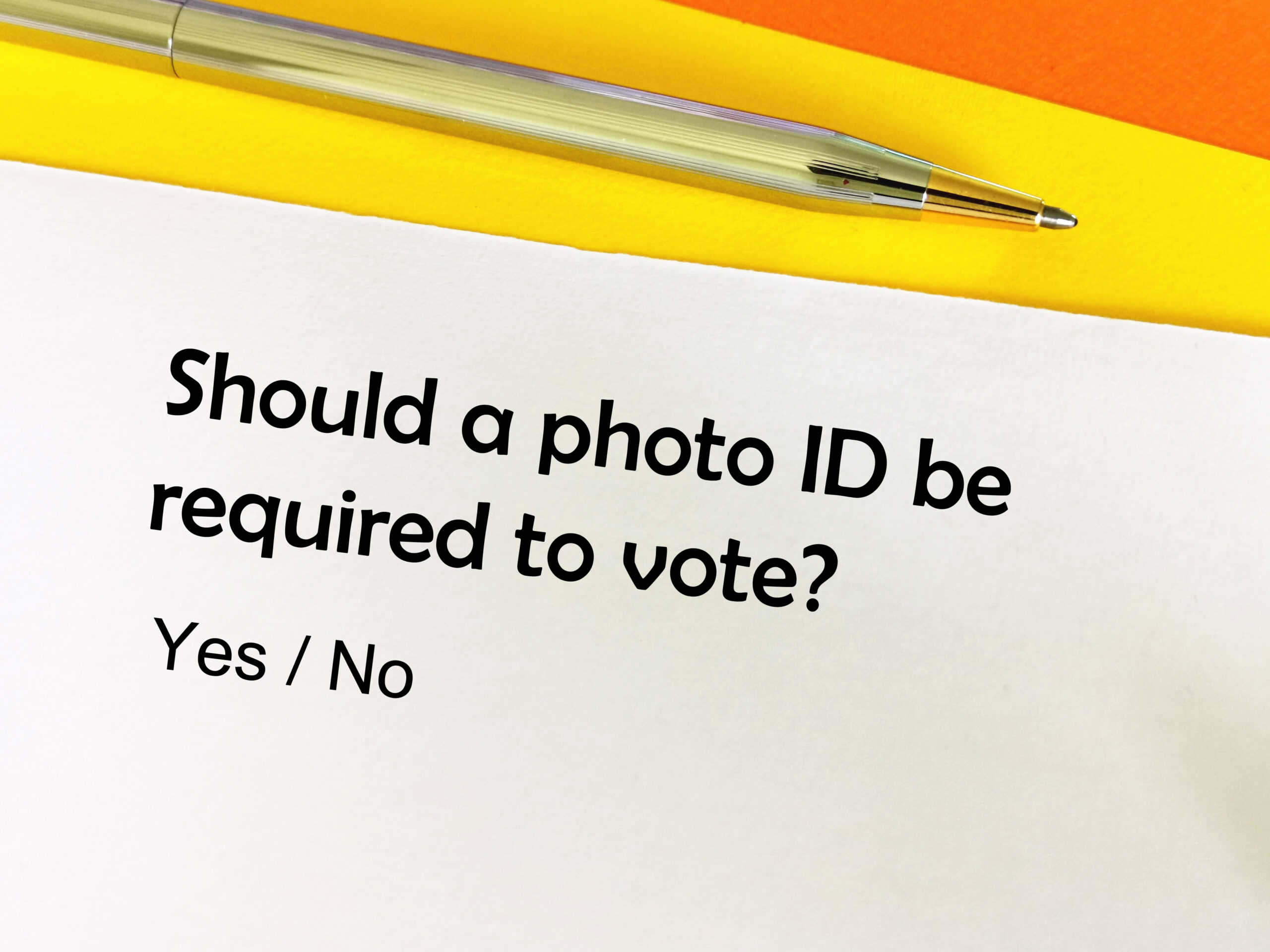
Is it ‘Voter Suppression’ to Require Proof of Citizenship to Vote?
February 10, 2026
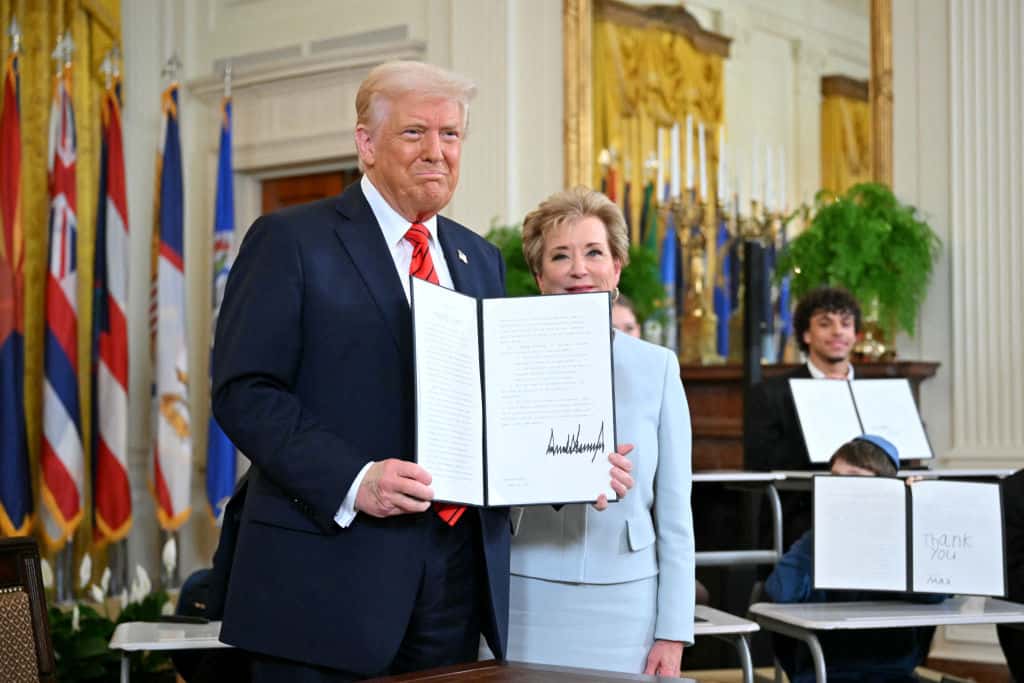
Education Department Celebrates National School Choice Week
January 30, 2026
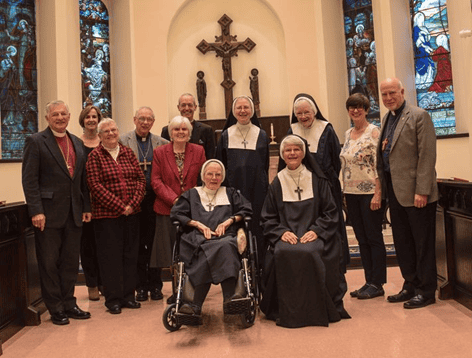
New York Ends Fight to Force Nuns to Pay for Abortions
January 27, 2026

